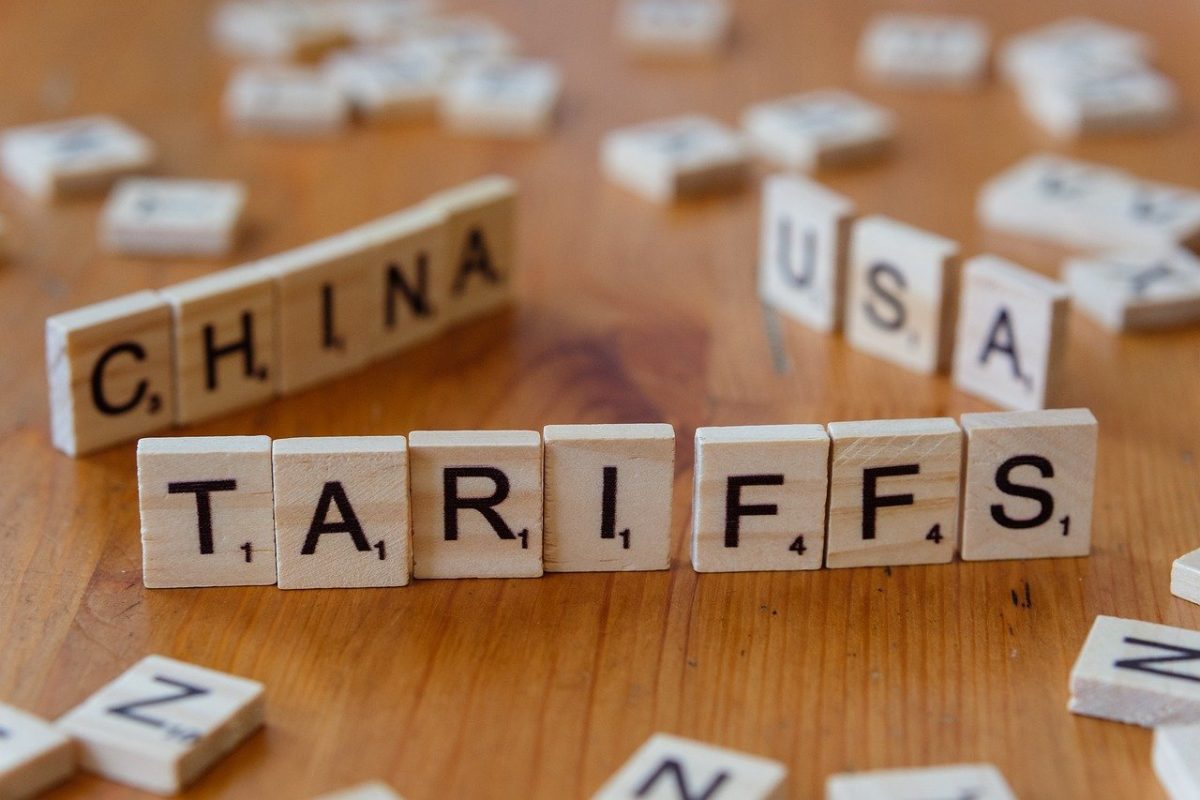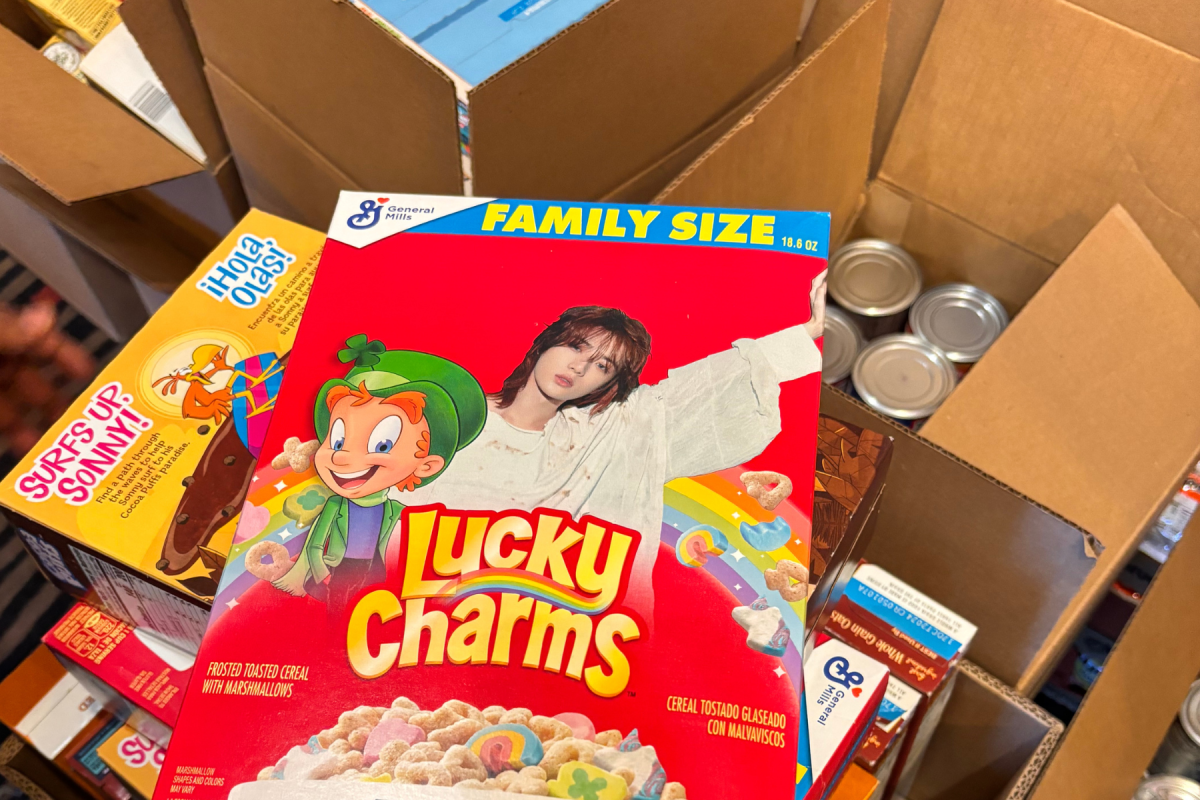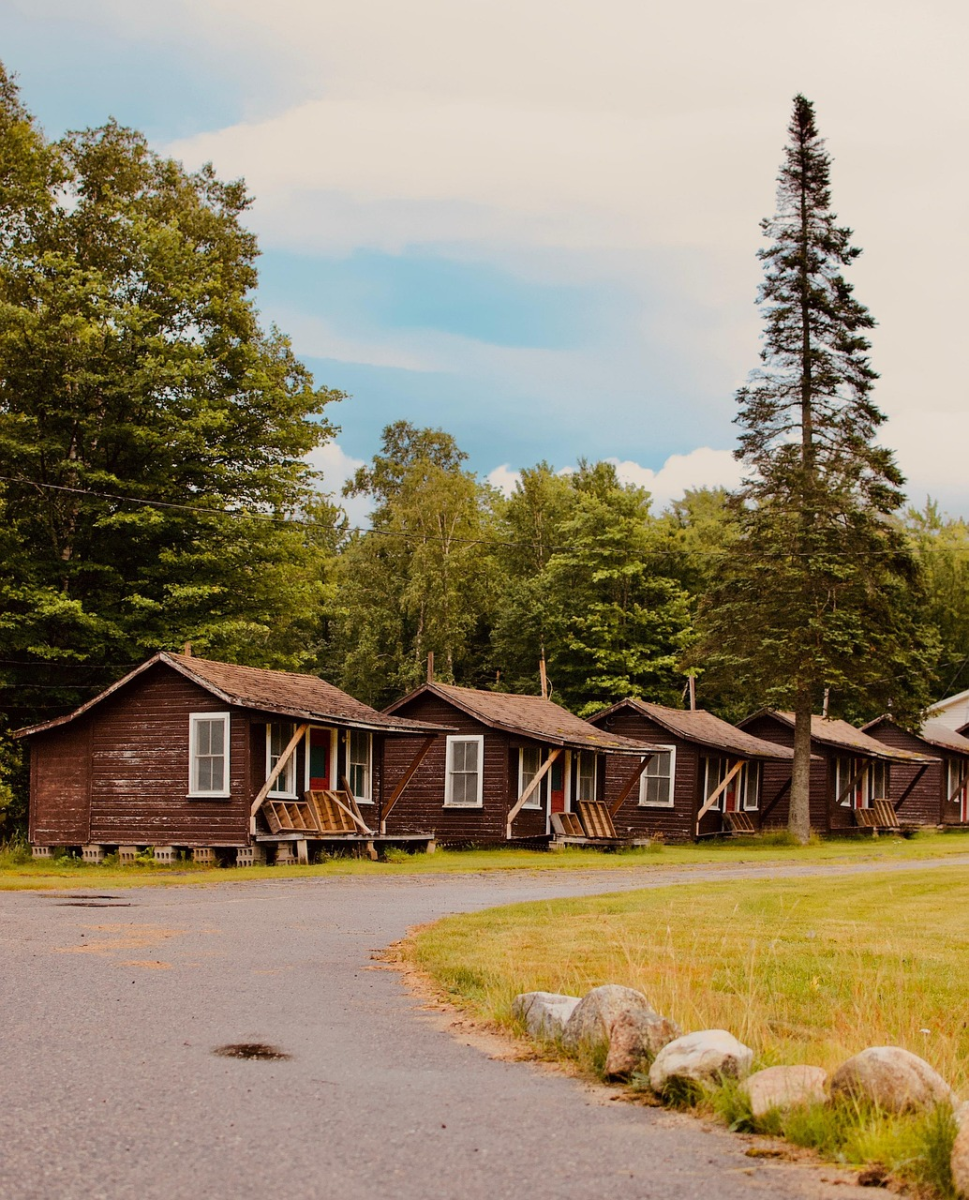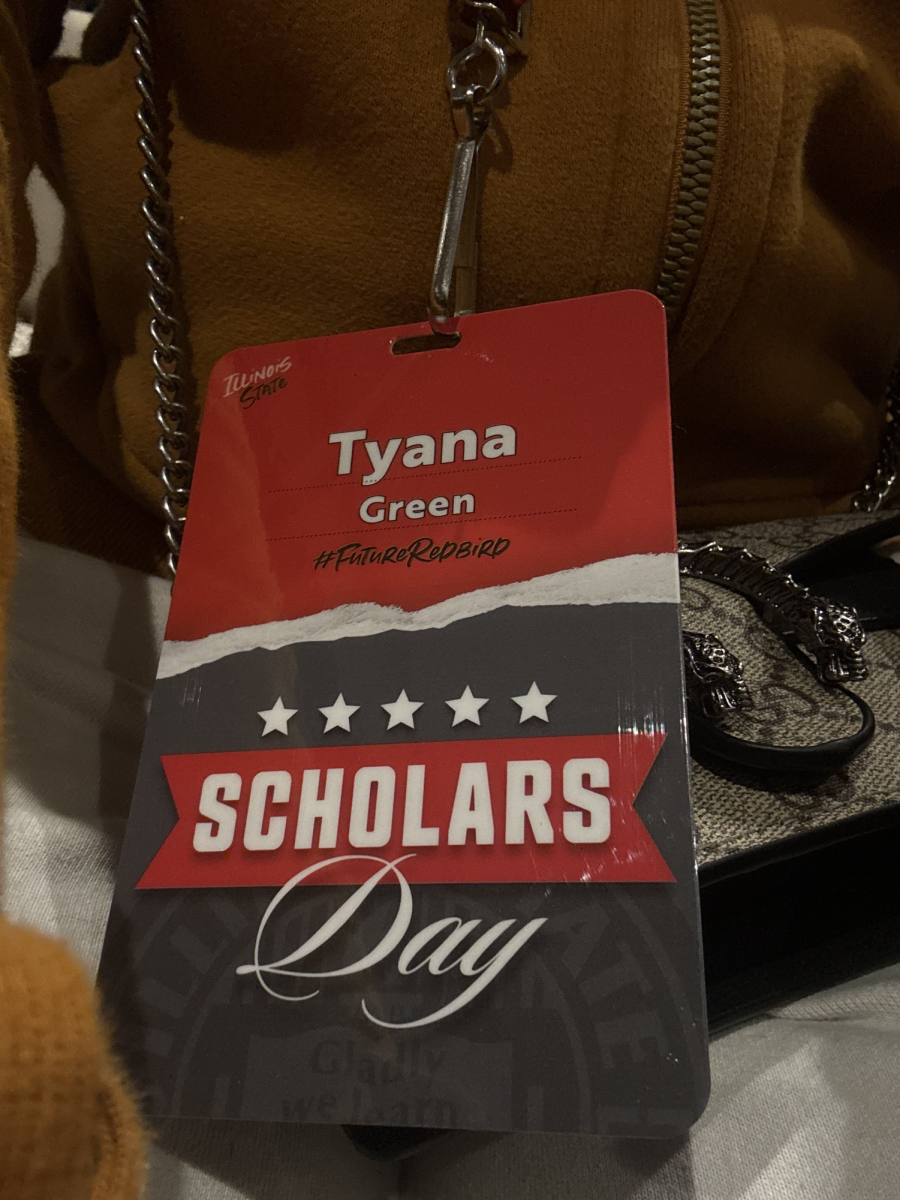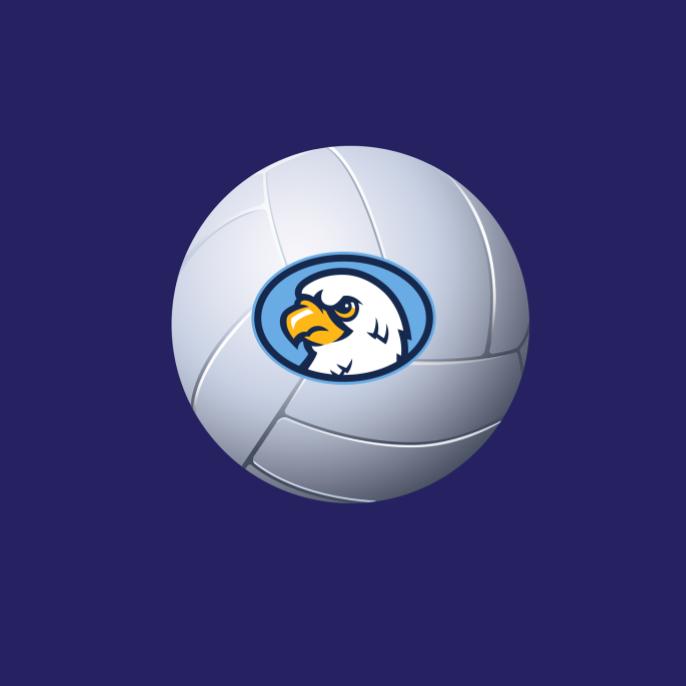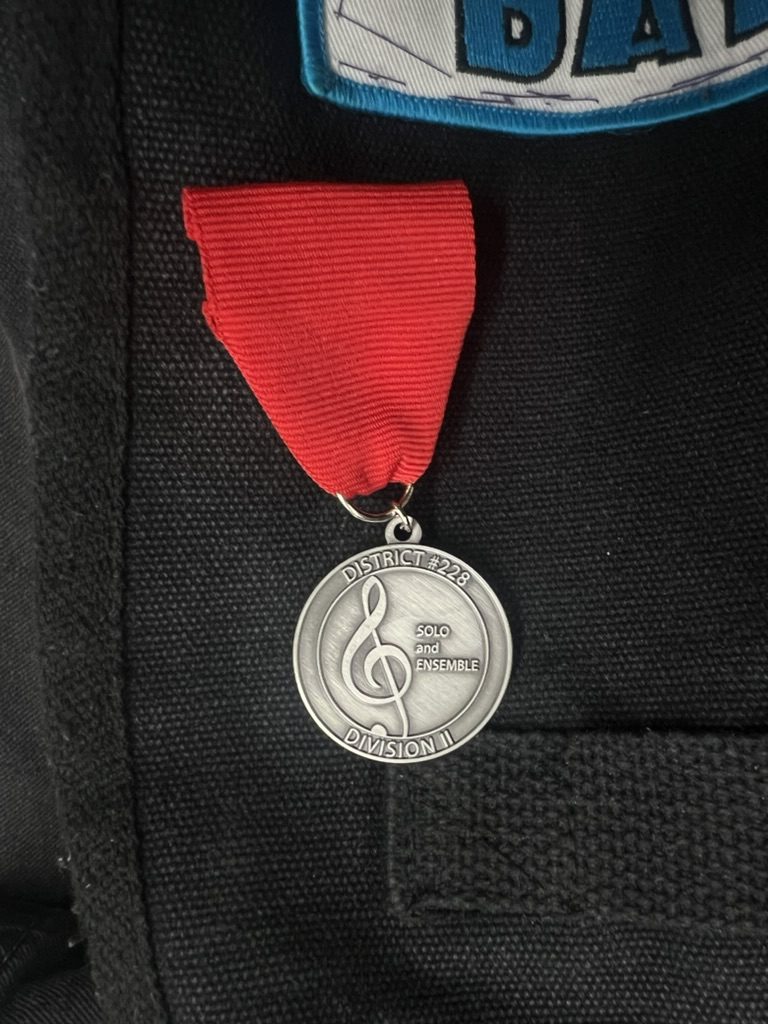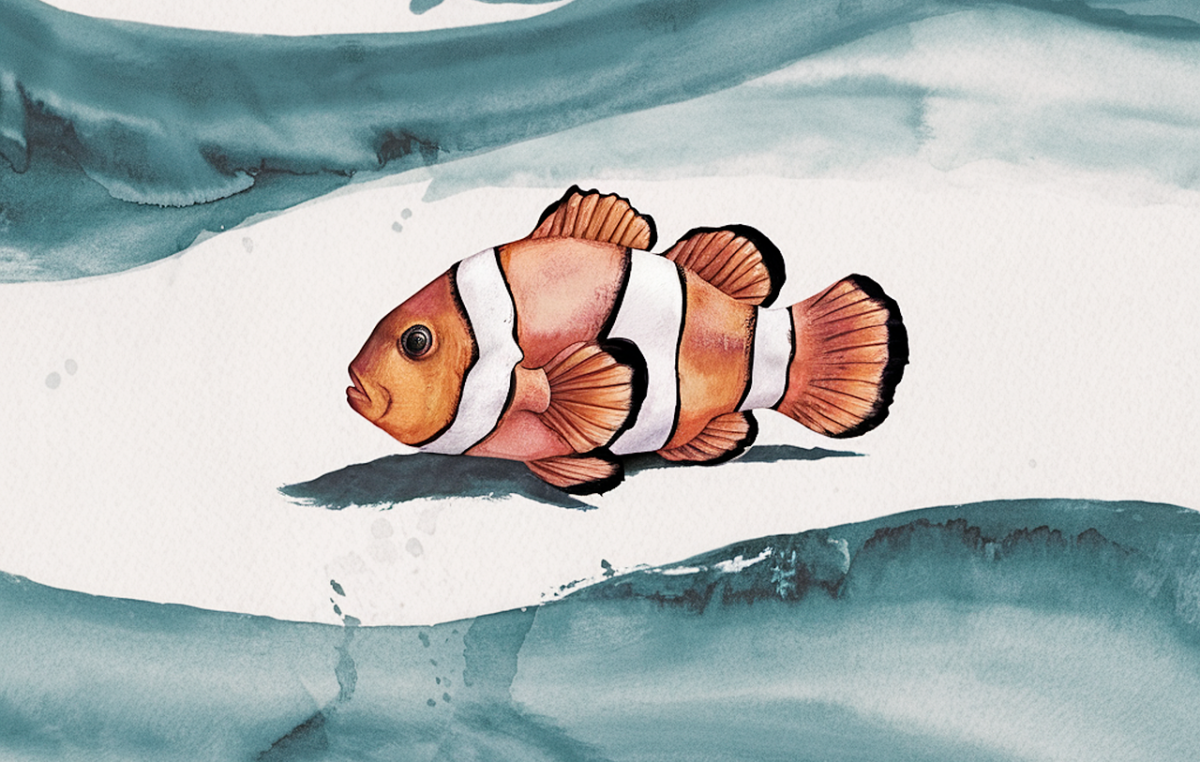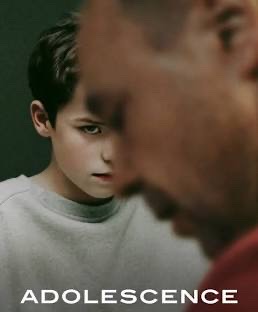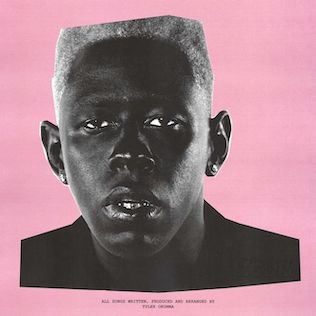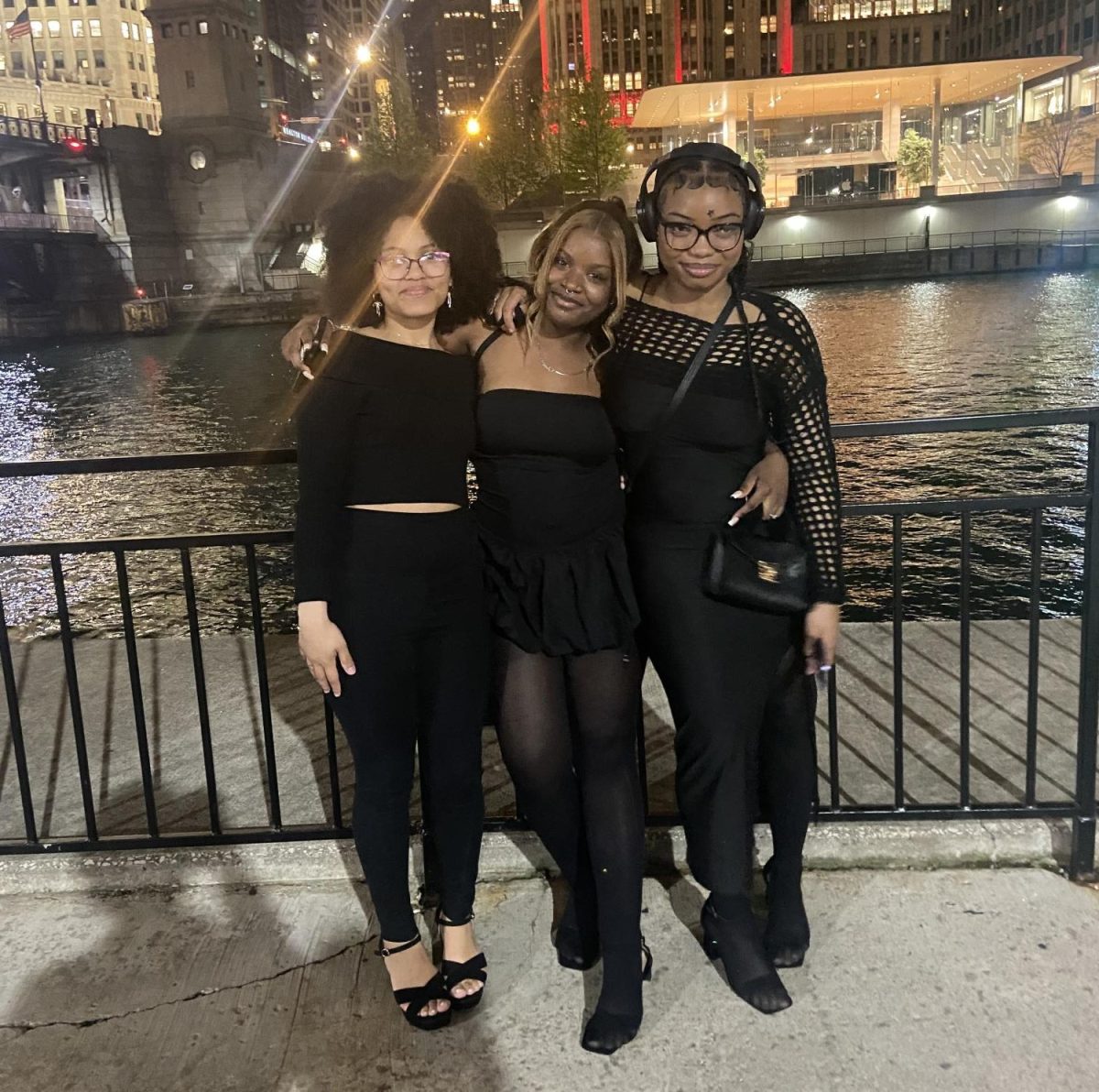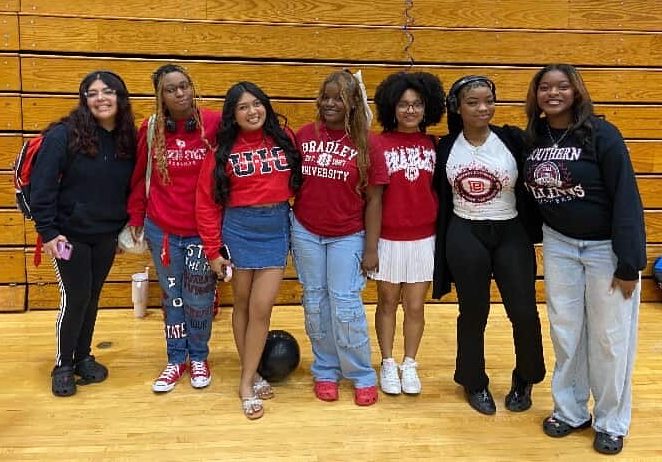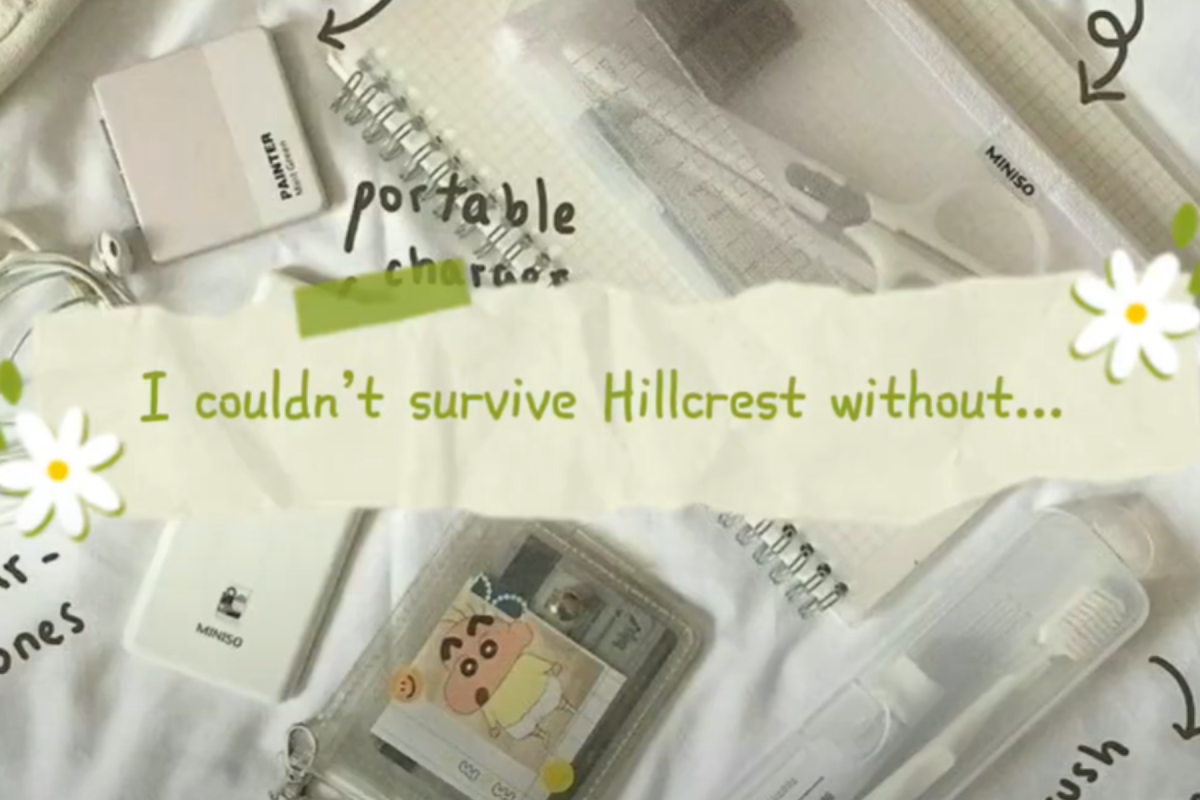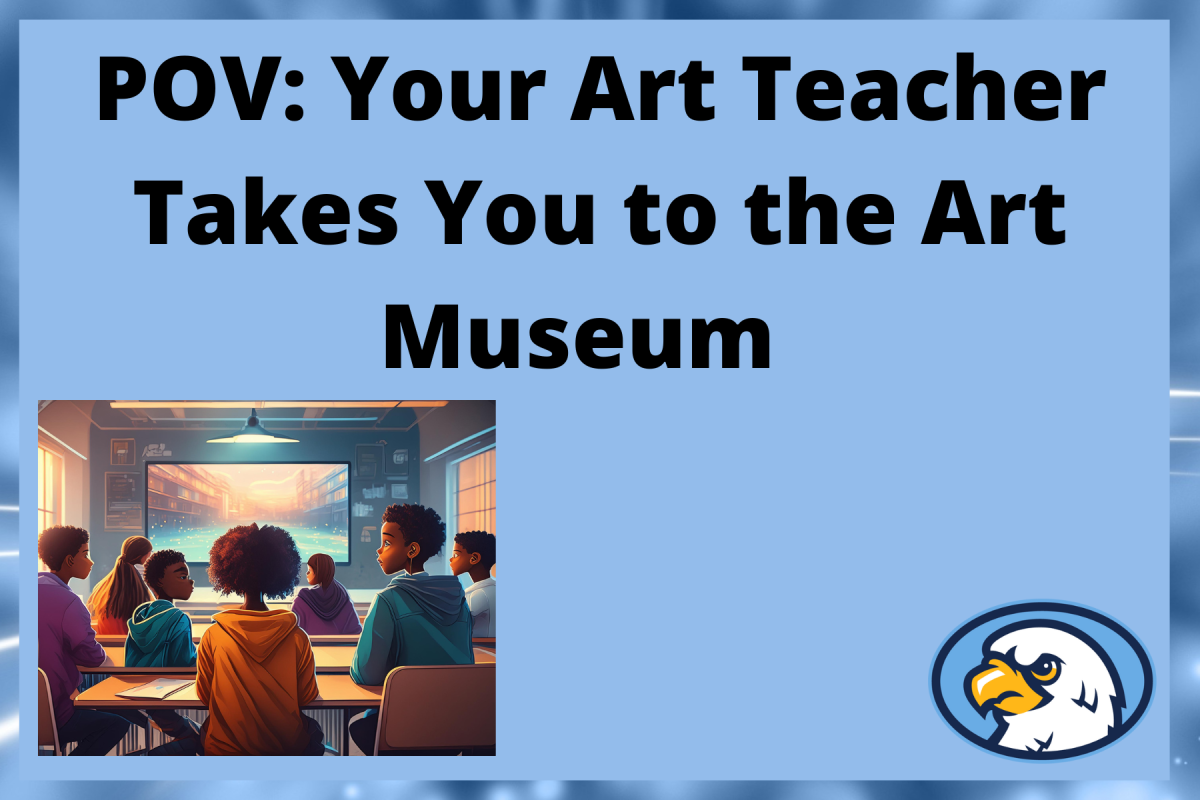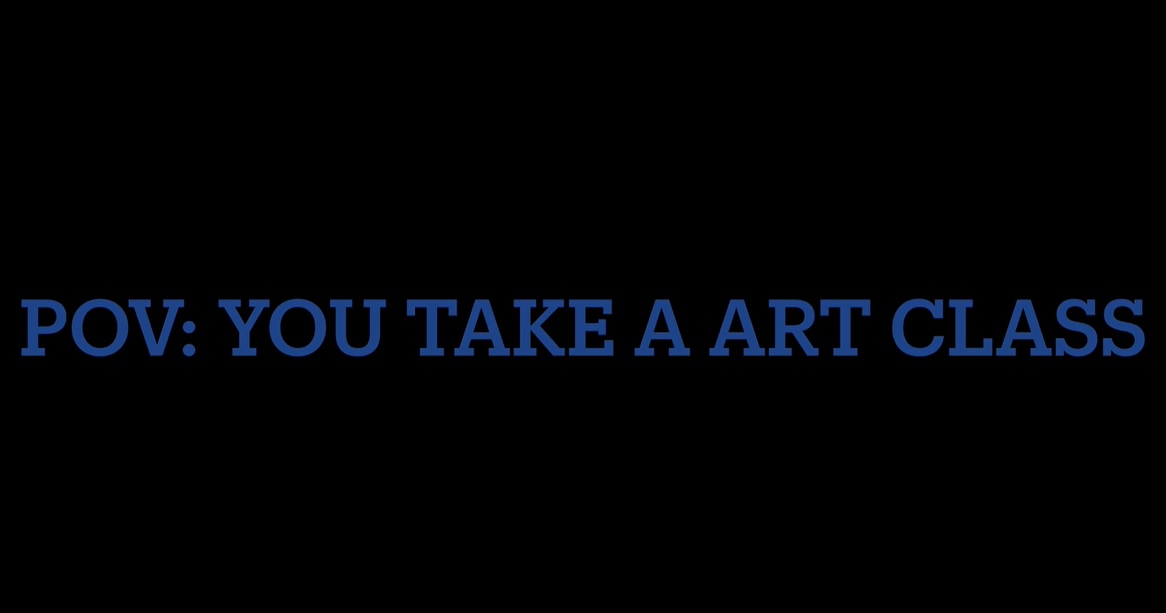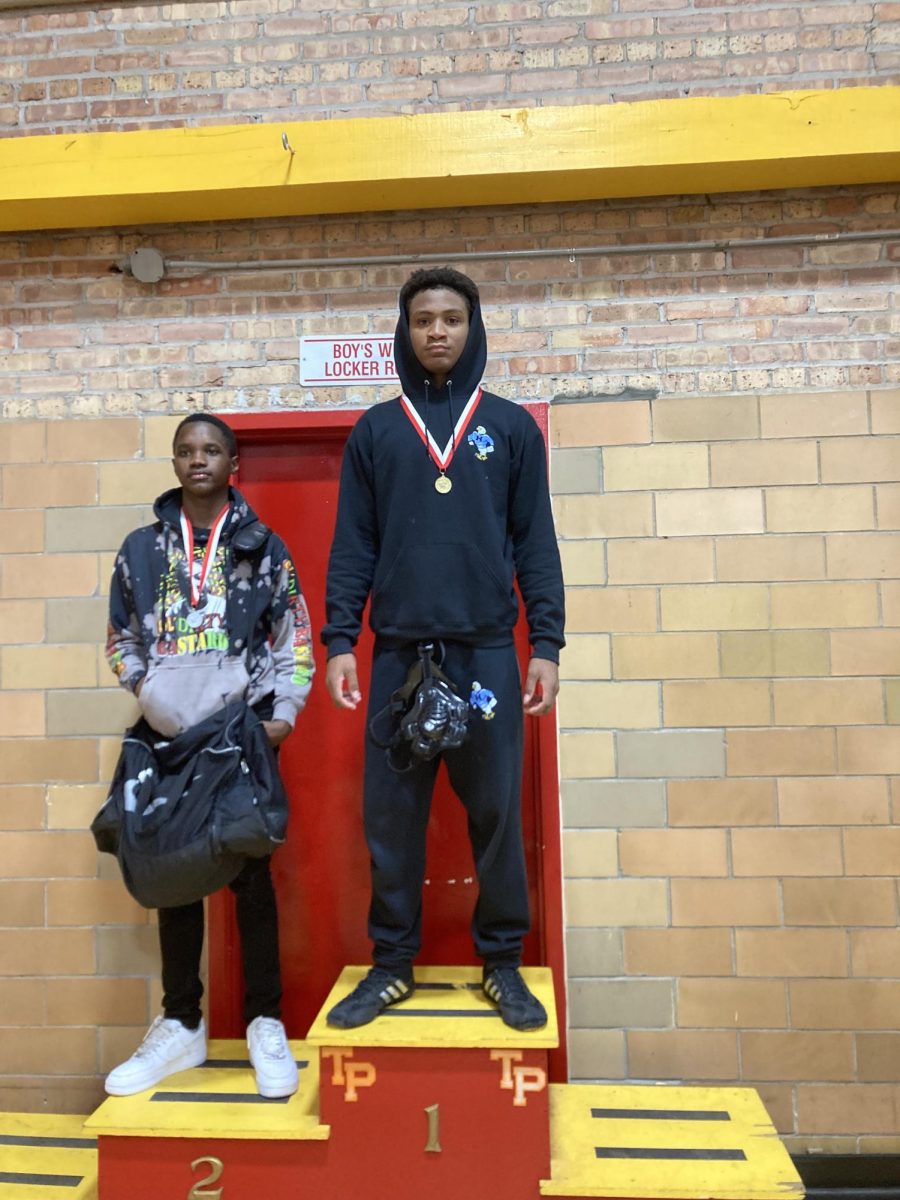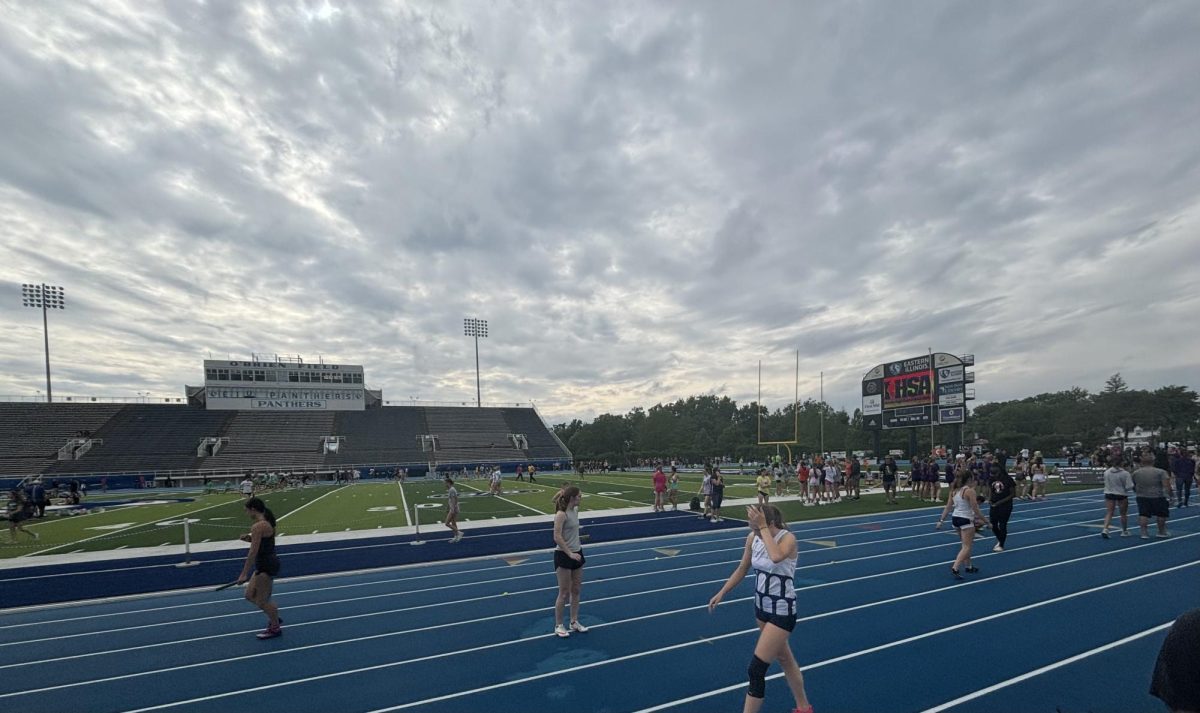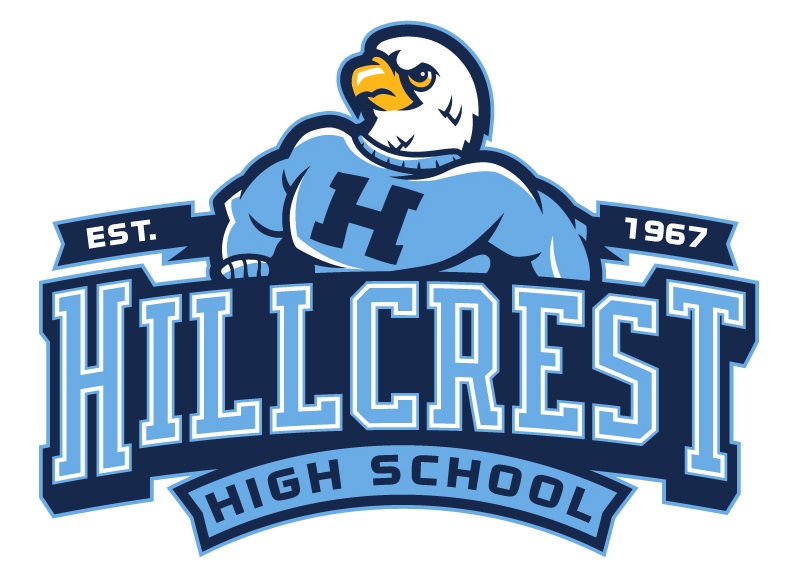2018 Annual Transition Conference
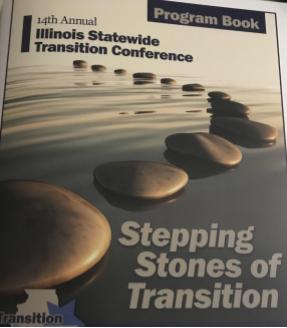
November 16, 2018
This past October, I was nominated to not only attend, but to be placed on a student panel for the 12th Annual Statewide Transition Conference. This conference is held with the goal of enlightening others, especially educators, in how to further develop transition programs for those with disabilities. The intent is to build a safe and successful environment for those with disabilities in coming to high school. My personal transition into high school wasn’t a good one. The adversity I faced, however, built my character. And it was because I was placed in situations where challenges were faced with not only students in handling my disability, but staff as well, that I was able to share my story and constructive criticism in how to fix these errors at the conference. I, and about 12 other students, were asked questions in which we were able to relate to each other in the adversity we’ve faced and the challenges we’ve overcome.
During the conference, I was able to participate in the 14th Annual Illinois Statewide Transition Conference as a speaker. In the weeks leading up to the conference, I was given a questionnaire sheet (that I only read and filled out the night before due to my marvelous procrastination skills).
I began the day by waking up at 4:00 AM with minimal sleep. (Because of my procrastination, I stayed up until 12:00 AM.) I left for Itasca around 5 to arrive to a still-asleep best friend and fellow Hillcrest peer in the joint hotel room. When I initially got there, I was met by the family friend who volunteered me for the event. It was because she was working the conference that I was able to spend time with two of my friends.
As the day progressed, more educators and students with disabilities were spotted. It was truly a humbling experience to see others who had gone through a similar, if not worse, experience than I have.
When the moment of truth arrived, I, fortunately, wasn’t nervous, due to past experiences with public speaking. The nine students whom I didn’t know were seated. The questions generally focused on the barriers we encountered in our situations throughout high school and how we’ve dealt with them. Many on the panel, similar to myself, were able to express the challenges experienced with self-advocacy, though some had more than others. We were all able to discuss how there’d been moments when some, whether staff or students, doubted our disability or denied us of accommodations for various reasons: some due to the challenge it took to acquire an IEP (individualized educational program) in order to have access to accommodations, some because the staff declined to give us what had already been fought for and won because we didn’t know how to come to them about it and the staff lacked the compassion and empathy to understand our disposition. We discussed the transition programs in place for students like us. And this is where I discovered a lack.
About one third of the students placed on the panel most had good things to speak of in relation to the programs their schools had in place for them. They felt as if they came into a safe environment when first coming into high school, and their opinion hadn’t changed since. This left me to ponder what the differences were between them and myself. Their schools provided work-study programs specifically for students with disabilities, mentoring programs within the school (like big-brother and big-sister programs led and made for the students) specifically for these students, as well as proactive student bodies and councils geared for fixing and advocating for issues students with disabilities might encounter. They described their school environments as very welcoming. They felt as if they could go to almost any teacher or administrator about any issues experienced. The school community retained empathy for one another and it showed.
One of the final questions asked was of what advice, if any, could we give to parents, educators, and other students with disabilities. I advised the parents of the following: “I understand that it’s challenging to do this parents, but you need to learn to let go. There will come a time when you won’t always be here to catch us when we fall. If we cannot become independent in a controlled environment, it’s going to be so much harder to face in a setting where there is no cushion.”
For the educators, I’d stated, “While I understand that in high school, you’re expected to be growing more and more independent, sometimes we need a push in the right direction, and sometimes we need a break. It’s hard to understand someone who is very different from you, and as much as teachers may try, I don’t think they will ever fully understand exactly what it’s like. So, if we actually do work up the courage and the strength to come to you for help, please don’t shoot us down.”
And for the students, I’d encouraged them: “Don’t be discouraged. Yes, not everyone will like you. You won’t be perfect all the time, and you aren’t expected to be. But, keep striving and keep doing your best, because one day, this is all going to pay off.”
Overall, this experience was humbling and mind blowing. It’s something I hope to invited to again. Next year, I’ll definitely have a few more stories to tell since I’ll be in college. But if I were to caution any student, I’d tell them not to judge others, and not to exclude others for a face-valued difference. You never know who that person may turn out to be.

